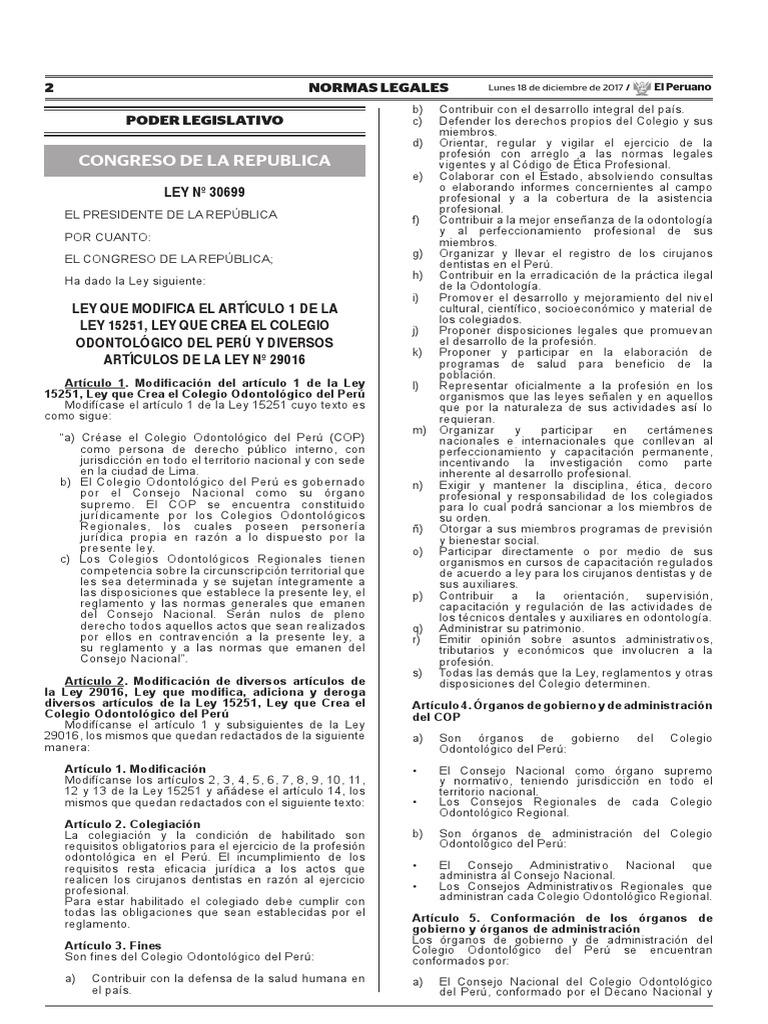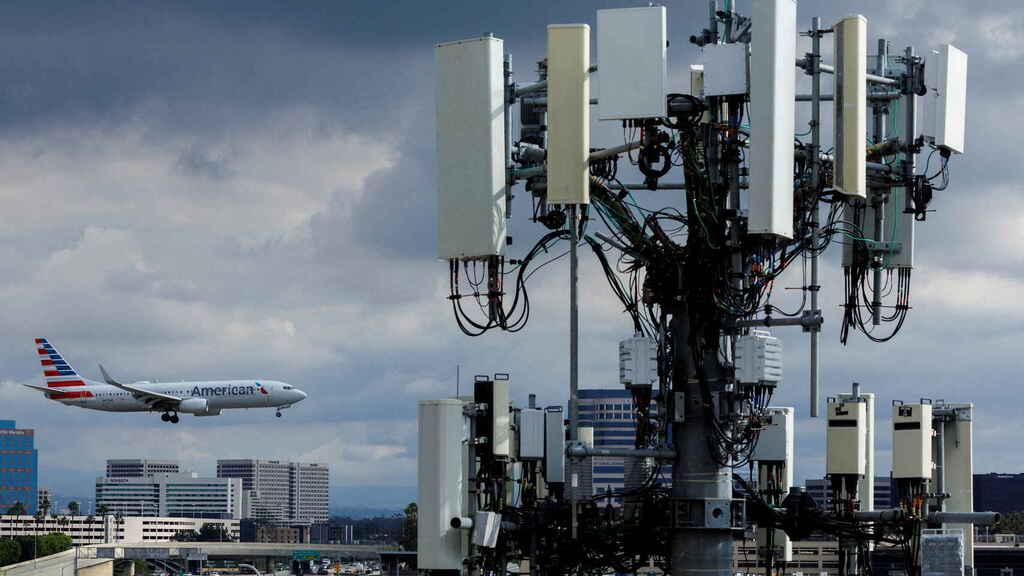Blockchain: the arrival of the new Internet | datalab | Five days
It is increasingly common to see that a company of any type (restoration, finance, industry, etc.) incorporates crypto assets and its technology into its business model in one way or another. Whether it is allowing new forms of payment, or streamlining processes through the use of blockchain networks, the truth is that these types of assets are increasingly integrated into many sectors of the economy. This integration is reminiscent, in some respects, of what was experienced at the end of the last century with the advent of the Internet, although the sectors most affected have been very different from those of then. Let's see the most significant examples.
Cryptocurrency mining – possibly the clearest example of a start-up industry related to crypto assets. The fixed costs of this activity (electricity, number of equipment, refrigeration, etc.), together with the possibility of taking advantage of economies of scale, have caused the vast majority of newly created cryptocurrencies to have been mined by companies, which have made this activity his only source of income. The high exposure to the market price makes it very difficult for individual actors to participate in this service, since they are not backed by the resources that a company can access.
Decentralized Applications – another of the industries created from blockchain technology. Many start-up companies have based their business model on developing applications and services built on blockchain technology and aimed at improving the classic and normally centralized processes such as those associated with capital markets (post-trading, clearing and transaction settlement services), as well as many other processes in the banking industry, associated with new payment systems, contracting platforms, etc.

Cybersecurity – the current digitization process has given increasing importance to this sector, which has seen another business niche with the arrival of cryptocurrencies. Given its digital nature and the vulnerability of multiple users and platforms, cybersecurity companies have found a new way of doing business, offering everything from physical and virtual wallets for account custody, to providing security services to various platforms and other entities. who have wanted to participate in the cryptocurrency business in a safe way.
Finance – the sector par excellence of crypto assets. Considered as a new investment product, cryptocurrencies have enabled the creation of multiple services in the world of finance, from contracting on exchange platforms to the development of new payment systems in multiple companies such as Visa, Paypal, etc. In fact, cryptocurrencies have taken advantage of the existence of other investment products such as ETFs, or futures to increase their liquidity and rival gold as a refuge value for investors.
Electronic commerce – finally, we have seen how companies of any kind allow the payment of online purchases in cryptocurrencies. This, although it is true that it does not imply a great change in its business model, does give some idea of the integration of these assets in today's society, to the point that El Salvador has become the first country to accept Bitcoin as an official means of payment.
Although the range of sectors affected by the arrival of cryptocurrencies and blockchain technology is much broader, these are possibly the ones that have suffered the most direct impact. In the legal, fiscal, or educational field, the arrival of these assets has also meant a new matter on which to regulate in the field of investments and train all potential investors in these products to minimize possible scams, etc., although its business model has not been transformed.








